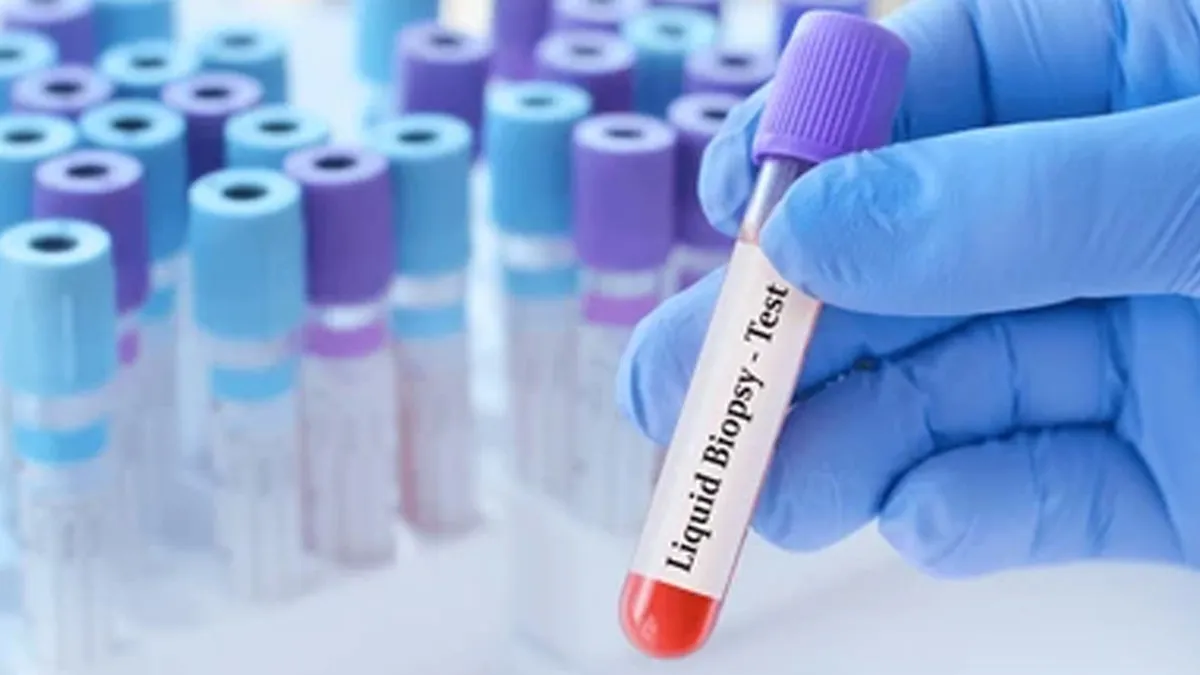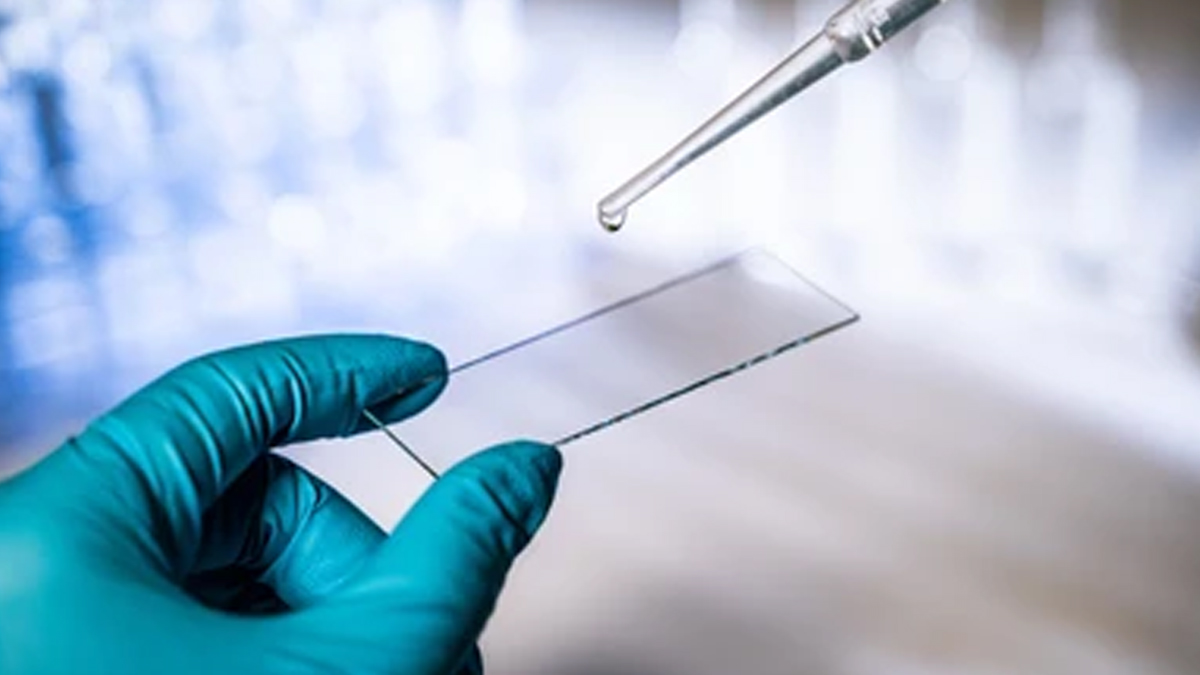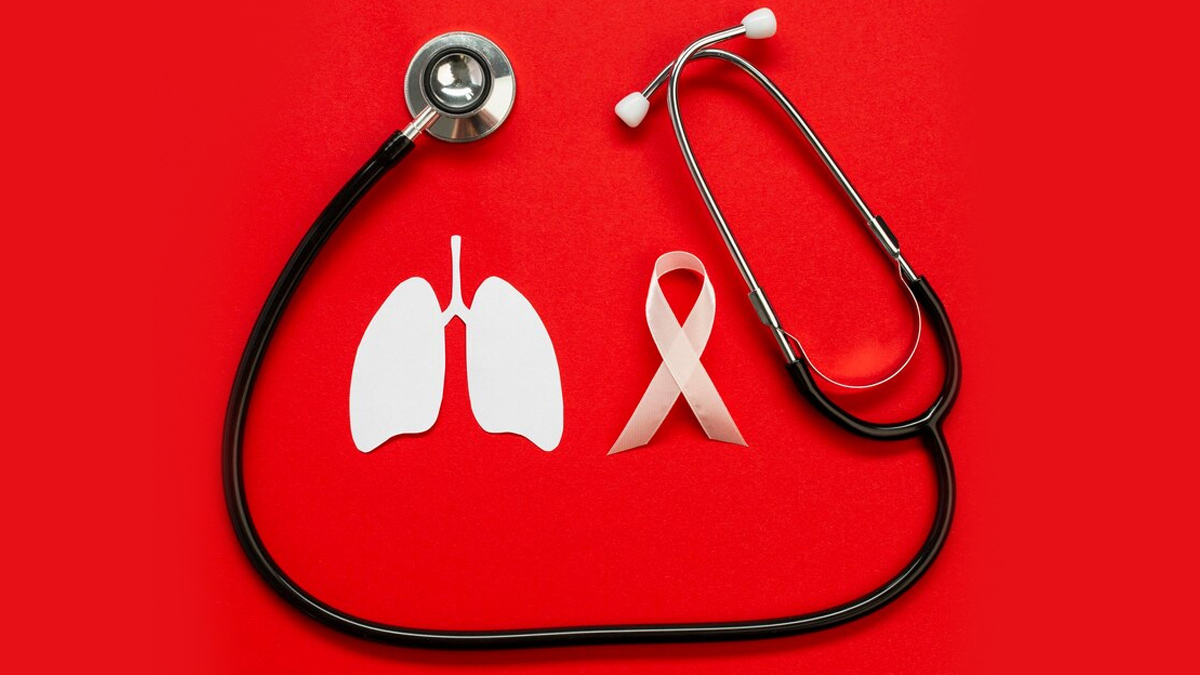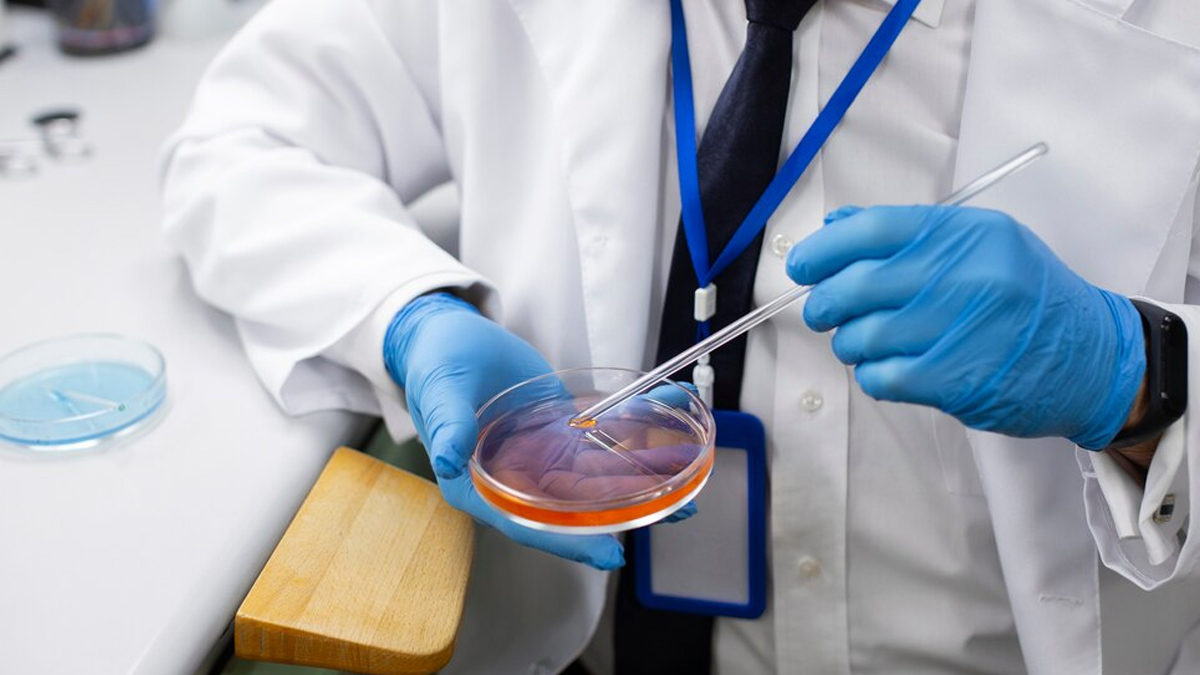
Many advancements have happened in the medical field that work towards simplifying the diagnostic and treatment processes. Liquid biopsy is one of them. A traditional biopsy usually involves taking a tiny tissue sample from the body to diagnose a disease and to understand the extent of its progression. But liquid biopsy is different. It is a non-invasive procedure that analyses the blood or other bodily fluids for cancer cells.
Table of Content:-
Experts suggest that liquid biopsies are becoming more widely recognised, especially when it comes to diagnosing and treating lung cancer. According to the World Health Organisation (WHO), lung cancer is the leading cause of cancer-related deaths worldwide. Therefore, it is crucial to find different and effective ways to detect the cancer early and treat it on time.
Also Read: World Health Day: Doctor Explains Impact Of Liquid Biopsy Technology On Early Cancer Detection
How Does Liquid Biopsy Work?

A liquid biopsy involves taking blood or bodily fluid samples and examining them to detect cancer markers, such as circulating tumour DNA (ctDNA) or circulating tumour cells (CTCs) released by the tumours, explains Dr Ajay Shah, Managing Director of Neuberg Ajay Shah Laboratory, Mumbai.
The good thing about a liquid biopsy is that it is non-invasive, quicker, and can provide real-time information about the tumour’s behaviour. However, it is important to note that tissue biopsies continue to remain a gold standard procedure for definitive diagnosis and detailed tumour analysis.
How Do Liquid Biopsies Benefit Lung Cancer Patients?

Lung cancer is one of the most common cancers worldwide. Smoking is the leading cause of lung cancer, responsible for about 85% of all cases, as per the WHO. However, there are people who have never smoked in their lives who still develop lung cancer. Additionally, lung cancer isn't always visible with symptoms. Some are asymptomatic and are only detected during a routine checkup. In certain cases, the disease is already in the advanced stages when it is detected, which makes early detection and personalised treatment even more important.
This is when tumour markers help with early diagnosis, monitoring treatment progress, and predicting outcomes. Although traditional biopsies, while accurate, are invasive and difficult to repeat, liquid biopsies offer a simpler, non-invasive alternative, providing real-time information about the tumour, according to a study published in the journal Molecular Cancer. Researchers note that this procedure analyses markers like tumour DNA, cells, and other components in the blood, showing great promise for improving lung cancer diagnosis, treatment, and monitoring.
In addition, liquid biopsies can deliver results in days compared to the longer turnaround times of tissue biopsies, says Dr Shah, adding that it is also ideal for patients whose tumours are in hard-to-access locations or when traditional biopsy poses significant risks.
Also Read: Expert Explains About The Emerging Biomarkers for Lung Cancer Diagnosis and Prognosis
Are Liquid Biopsies Accurate?

Dr Shah says, “Liquid biopsies are highly accurate in detecting certain mutations, such as EGFR, ALK, or KRAS in lung cancer, when sufficient ctDNA is present. However, their accuracy varies depending on the tumour's ctDNA shedding rate and the technology used for analysis.”
“While they are highly specific, their sensitivity can be lower for small tumours or rare mutations. They are most effective when used in conjunction with other diagnostic methods for comprehensive cancer evaluation,” he added.
This means that while liquid biopsies are very accurate at identifying specific cancer markers, they may miss small tumours or rare mutations.
Research also suggests that ctDNA levels can assist in early diagnosis, monitoring, and prognosis of cancers. However, factors like tumour type, stage, and biological variations affect ctDNA levels, making its detection inconsistent.
Conclusion
Liquid biopsies, in comparison to traditional biopsies, may be more appealing to patients as they are non-invasive and faster at delivering results. However, it may have certain limitations, like the inability to detect small tumours or early-stage cancers, and its accuracy may depend on various factors, such as the tumour's ctDNA shedding rate and the technology used for analysis. It is always important to consult a doctor before determining the diagnostic approach and treatment processes, as individual factors may vary.
Also watch this video
How we keep this article up to date:
We work with experts and keep a close eye on the latest in health and wellness. Whenever there is a new research or helpful information, we update our articles with accurate and useful advice.
Current Version